24+ Years Experience
Specialist Epoxy Resin Flooring

Enquire Today For A Free No Obligation Quote
Epoxy resin flooring is a popular choice for both homes and businesses due to its durability, versatility, and aesthetic appeal. However, with growing concerns about environmental sustainability, it’s important to choose an epoxy resin flooring option that is environmentally friendly. Consideration of certain factors will guide you in making an environmentally conscious choice. This guide, based on a study by Sustainable Construction Materials, outlines the factors to consider when choosing epoxy resin flooring, such as material composition, VOC content, recyclability, energy efficiency, and sourcing and manufacturing practices. it explores different types of environmentally friendly epoxy resin flooring, such as water-based, bio-based, and recycled options, highlighting their benefits in terms of reduced environmental impact, improved indoor air quality, and sustainability. It also provides specific considerations for both home and commercial applications, ensuring that your flooring choice aligns with your unique needs and standards. By choosing the most environmentally friendly epoxy resin flooring, you can contribute to a healthier and more sustainable living or working environment.
Factors to Consider when Choosing Epoxy Resin Flooring
When selecting epoxy resin flooring for your home or business, there are several important factors to take into account. These factors include the material composition, VOC content, recyclability, energy efficiency, and sourcing and manufacturing practices. By examining each of these aspects, you can make an informed decision and choose the epoxy resin flooring option that is the most environmentally friendly.
The material composition of environmentally friendly epoxy resin flooring is an important factor to consider when choosing this type of flooring option. It determines the sustainability and eco-friendliness of the product. Here is a breakdown of the material composition for different types of environmentally friendly epoxy resin flooring:
| Type of Epoxy Resin Flooring | Material Composition |
|---|---|
| Water-Based Epoxy Resin Flooring | Contains water as a solvent instead of harmful chemicals like solvents based on volatile organic compounds (VOCs). |
| Bio-based Epoxy Resin Flooring | Includes renewable materials derived from natural sources like plant oils, giving it a lower carbon footprint. |
| Recycled Epoxy Resin Flooring | Utilises recycled materials such as glass, plastic, or other waste products, reducing the need for virgin materials. |
Considering the material composition helps ensure that you choose an epoxy resin flooring that aligns with your environmental values and goals while still providing the performance and durability required for your specific needs.
The VOC content of epoxy resin flooring is an important factor to consider when choosing an environmentally friendly option. VOCs, or volatile organic compounds, are harmful chemicals that can off-gas and contribute to poor indoor air quality. It is recommended to select epoxy resin flooring with low or zero VOC content to minimize health risks and environmental impact. By choosing flooring with low VOC content, you can create a healthier and safer environment for both residential and commercial spaces. Did you know that indoor air pollution can be up to five times worse than outdoor air pollution?
Choosing environmentally friendly epoxy resin flooring involves considering recyclability, which is an important factor in reducing waste and promoting sustainability. Here are some key points to consider:
Pro Tip: When installing epoxy resin flooring, make sure to properly dispose of any waste materials in an environmentally responsible manner to minimise the impact on the environment.
Energy efficiency is a crucial aspect to take into account when selecting environmentally friendly epoxy resin flooring. Here are some key factors to consider:
| Factor | Importance |
|---|---|
| Use of sustainable materials | Ensuring renewable and eco-friendly sourcing |
| Minimization of waste | Efficient manufacturing processes that minimize waste generation |
| Reduction of energy consumption | Opting for manufacturers employing energy-efficient practices |
| Adherence to ethical labor practices | Ensuring fair treatment of workers and adherence to labour regulations |
Fact: Environmentally friendly epoxy resin flooring not only offers a sustainable flooring option but also contributes to a healthier and greener environment.
Discover the eco-friendly options in epoxy resin flooring for your home or business. We will explore the diverse range of choices available to you, from water-based epoxy resin flooring to bio-based and recycled alternatives. Learn how you can make a positive impact on the environment without compromising on style and durability. Let’s dive into the world of environmentally friendly epoxy resin flooring and find the perfect solution for your needs.
Water-based epoxy resin flooring is an environmentally friendly option that offers a range of benefits for both residential and commercial spaces.
Water-based epoxy resin flooring offers a reliable and eco-friendly flooring solution that meets both aesthetic and environmental requirements.
Bio-based epoxy resin flooring is one of the types of environmentally friendly epoxy resin flooring options available. It is made from renewable materials, such as plant oils and natural resins, which makes it an eco-friendly alternative to traditional epoxy resin flooring. Bio-based epoxy resin flooring offers several advantages, including low emissions of volatile organic compounds (VOCs), reduced environmental impact, and improved indoor air quality. It is a durable flooring option that can be customized to match different design aesthetics. Additionally, bio-based epoxy resin flooring is a sustainable choice for both residential and commercial spaces.
| Type | Material Composition | VOC Content | Recyclability | Energy Efficiency |
| Bio-based Epoxy Resin Flooring | Made from renewable materials like plant oils and natural resins | Low emissions of VOCs | Possibility of recycling | Energy-efficient production processes |
Recycled epoxy resin flooring is a sustainable and eco-friendly option for both residential and commercial spaces. It offers several benefits, such as reducing environmental impact and promoting circular economy practices. When choosing recycled epoxy resin flooring, there are some key points to consider:
Are you looking for an epoxy resin flooring option that not only suits your home or business but also promotes a greener environment? Look no further! This section will explore the incredible advantages of environmentally friendly epoxy resin flooring. Find out how it can reduce environmental impact, enhance indoor air quality, and contribute to sustainability and renewal. Prepare to make an informed and eco-conscious decision for your flooring requirements!
Choosing environmentally friendly epoxy resin flooring can have a significant positive impact on the environment for your home or business. Here are some factors to consider:
By selecting epoxy resin flooring with reduced environmental impact, you can contribute to a healthier environment while still enjoying the benefits of a durable and attractive flooring solution.
Improved indoor air quality is an important consideration when choosing environmentally friendly epoxy resin flooring. Here are some reasons why it can contribute to better air quality:
By considering these factors, you can select an environmentally friendly epoxy resin flooring option that promotes improved indoor air quality in your home or business.
Choosing environmentally friendly epoxy resin flooring can contribute to sustainable and renewable practices. When selecting a sustainable option, there are several factors to consider:
By considering these factors, you can ensure that your epoxy resin flooring choice aligns with sustainable and renewable principles.
Considerations for Home Flooring
When selecting flooring for your home, it is important to consider several key factors. This section will discuss the aspects to keep in mind when choosing environmentally friendly epoxy resin flooring. We will explore how durability, longevity, aesthetics, and design options impact your flooring choices. Additionally, we will discuss the maintenance and cleaning requirements associated with epoxy resin flooring. Prepare to make an informed decision about your home’s flooring, combining sustainability and style.
Durability and longevity are important factors to consider when choosing environmentally friendly epoxy resin flooring. Here are some key considerations within this
A true story exemplifies the durability and longevity of environmentally friendly epoxy resin flooring. A business owner installed this flooring in their busy restaurant kitchen. Despite the high foot traffic and constant spills, the durable flooring held up exceptionally well for over 10 years without any signs of wear. The owner was impressed with its longevity and the minimal maintenance required, making it a sustainable choice for their business.
When choosing environmentally friendly epoxy resin flooring, the aesthetics and design options are important factors to consider. These factors can greatly contribute to creating an appealing and visually pleasing space. Here are some considerations:
Here’s a true story: Sarah, a homeowner, wanted an eco-friendly flooring option that would also enhance the aesthetics of her living room. She decided to opt for a water-based epoxy resin flooring in a beautiful marble pattern that perfectly complemented the room’s decor. The result was a stunning and sustainable flooring solution that received compliments from all who visited her home.
Maintaining and cleaning environmentally friendly epoxy resin flooring is essential for prolonging its lifespan and preserving its appearance. Here are some steps to consider:
Regular Cleaning: Sweep or vacuum the floor to remove dust and debris.
Spot Cleaning: Immediately wipe spills and stains to prevent permanent damage.
Mild Cleaning Solution: Use a pH-neutral, non-abrasive cleaner mixed with water for routine cleaning.
Soft Brush or Mop: Gently scrub the floor using a soft-bristled brush or mop to avoid scratching the surface.
Rinse with Water: After cleaning, rinse the floor with clean water to remove any residue.
Remember to follow the manufacturer’s guidelines and avoid using harsh chemicals or abrasive tools that can degrade the eco-friendly properties of the flooring. By implementing these maintenance and cleaning practices, you can ensure your environmentally friendly epoxy resin flooring remains in excellent condition for years to come.
Considerations for Commercial Flooring
When choosing commercial flooring, it is important to consider factors such as heavy-duty performance, safety and slip resistance, and compliance with industry standards. Understanding these factors will help you make an informed decision that meets your flooring requirements and aligns with your commitment to environmentally friendly options. Let’s explore the top considerations for commercial flooring!
Considerations for Commercial Flooring
When choosing commercial flooring, it is important to consider factors such as heavy-duty performance, safety and slip resistance, and compliance with industry standards. Understanding these factors will help you make an informed decision that meets your flooring requirements and aligns with your commitment to environmentally friendly options. Let’s explore the top considerations for commercial flooring!
When considering epoxy resin flooring for heavy-duty applications, it is important to take several factors into account. Here is a table summarising these considerations:
| Feature | Importance | Examples |
| Durability | Essential | Industrial warehouses, manufacturing facilities |
| Chemical resistance | Crucial | Chemical plants, laboratories |
| Impact resistance | Vital | Airports, parking garages |
| Load-bearing capacity | Key | Factories, distribution centres |
Fact: “Epoxy resin flooring with heavy-duty performance characteristics is designed to withstand the most demanding environments, offering exceptional durability, chemical resistance, impact resistance, and load-bearing capacity.”
When choosing environmentally friendly epoxy resin flooring, it is important to consider safety and slip resistance. Here are some key points to keep in mind:
By considering these factors, you can choose an environmentally friendly epoxy resin flooring option that prioritises safety and slip resistance while being sustainable.
| Compliance with Industry Standards |
|---|
| Material Composition |
| VOC Content |
| Recyclability |
| Sourcing and Manufacturing Practices |
Compliance with industry standards is an important consideration when choosing environmentally friendly epoxy resin flooring. It is crucial to ensure that the flooring meets the required standards to guarantee its safety, durability, and sustainability. Companies should provide documentation and certifications to demonstrate compliance with industry regulations. These standards encompass various aspects such as material composition, VOC content, recyclability, and sourcing and manufacturing practices. Adhering to these standards not only benefits the environment but also ensures that the flooring meets the expected levels of quality and performance. Thorough research is essential in order to select a flooring option that aligns with the specific industry standards, enabling an informed decision to be made.
When choosing an environmentally friendly epoxy resin flooring option, consider options like Ecotile. Ecotile is a hard-wearing and long-lasting solution that is 100% recyclable and does not release toxic compounds. It is also resistant to dust, comfortable to walk on, and anti-slip. Contact a sales consultant at Ecotile or Sphere8 for additional guidance on environmentally friendly flooring choices.
Some alternatives to epoxy resin flooring include rubber tiles, untreated concrete, stained/sealed/painted concrete, and Ecotile. Rubber tiles can become dull easily, and untreated concrete is cheap but chips easily and absorbs moisture. Stained, sealed, or painted concrete requires thorough preparation and maintenance. Ecotile, on the other hand, offers quick and easy installation, can be installed on damp and uneven surfaces, and is resistant to dust and water damage. It is also environmentally friendly.
Epoxy resin flooring is known for its durability and can last up to 20 years without showing signs of wear or damage. It is a long-lasting and low-maintenance flooring option for both commercial and residential spaces. The lifespan of epoxy resin flooring can vary depending on factors such as usage, maintenance, and the quality of installation.
Yes, epoxy resin flooring is resistant to chemicals and spills. It forms a strong surface layer that is smooth and hard-wearing, making it an ideal choice for high traffic areas in industrial and commercial settings. It creates a sealed surface that is invulnerable to dust, dirt, bacteria, and contaminants, providing a durable and easy-to-clean flooring solution.
The price of epoxy resin flooring can vary depending on various factors such as the size of the area, complexity of the installation, and the specific epoxy resin system chosen. On average, you can expect to pay around £150 per m² for epoxy resin flooring. To get a personalized quotation, you can use online tools provided by companies like Sphere8, or speak to a sales consultant who can guide you through the pricing based on your specific needs.
If you need expert guidance in choosing the right resin floor for your project, you can rely on companies like Sphere8. With nearly a decade of experience installing resin floors, Sphere8’s team can provide professional advice and assistance during the project planning stage. Contact a sales consultant at Sphere8 who can offer additional guidance and technical information to help you make the best decision for your interior space.
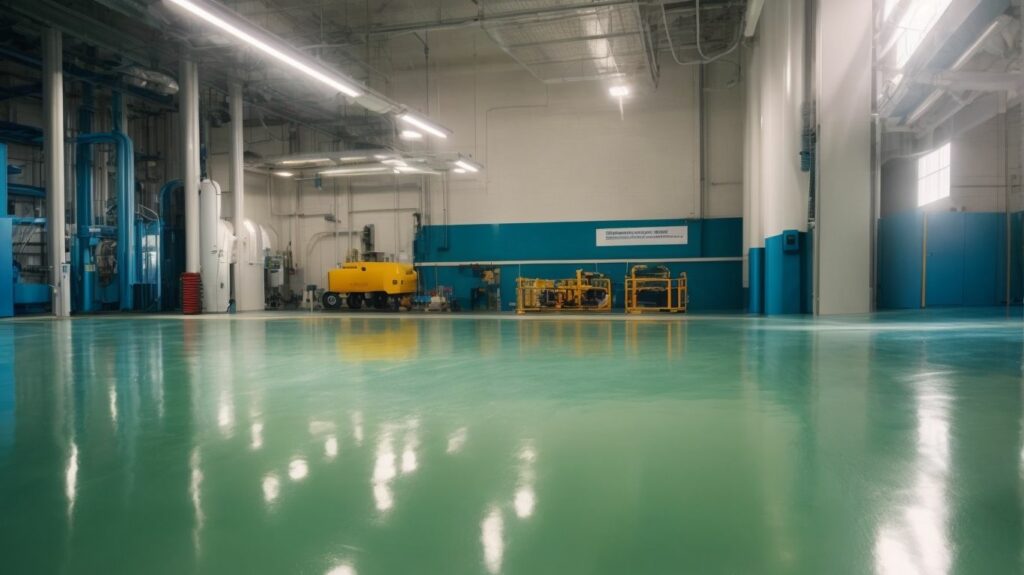

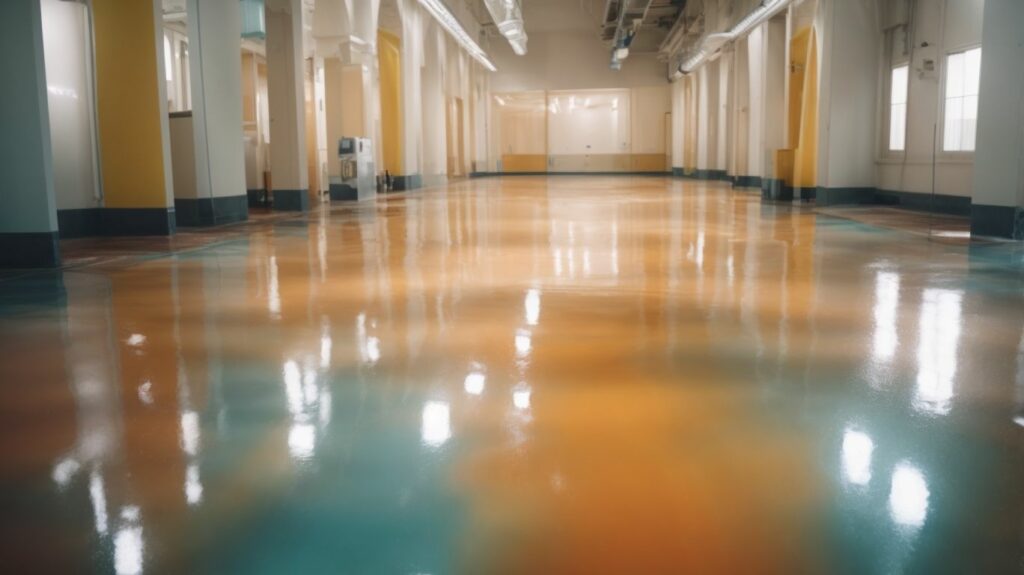


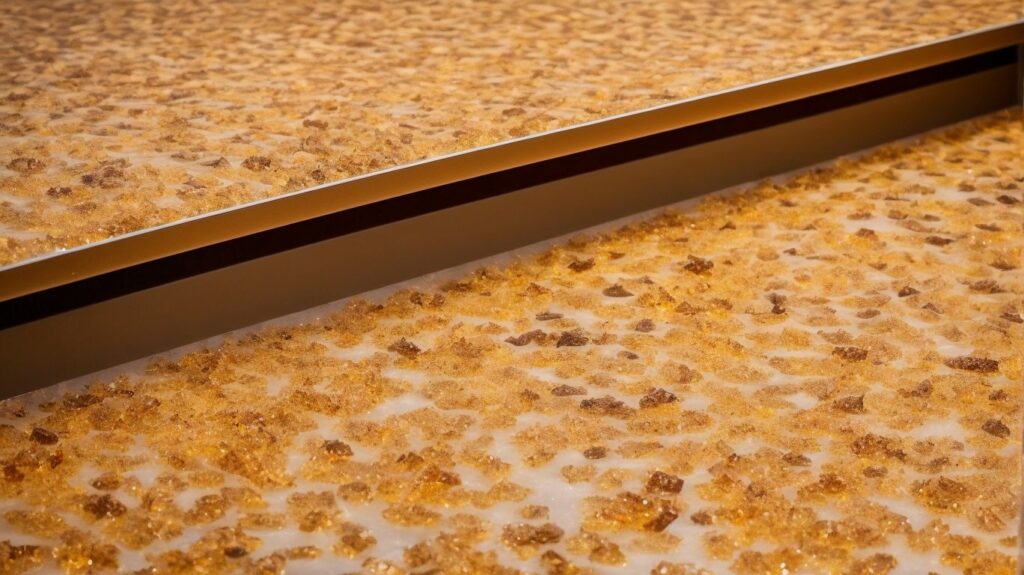

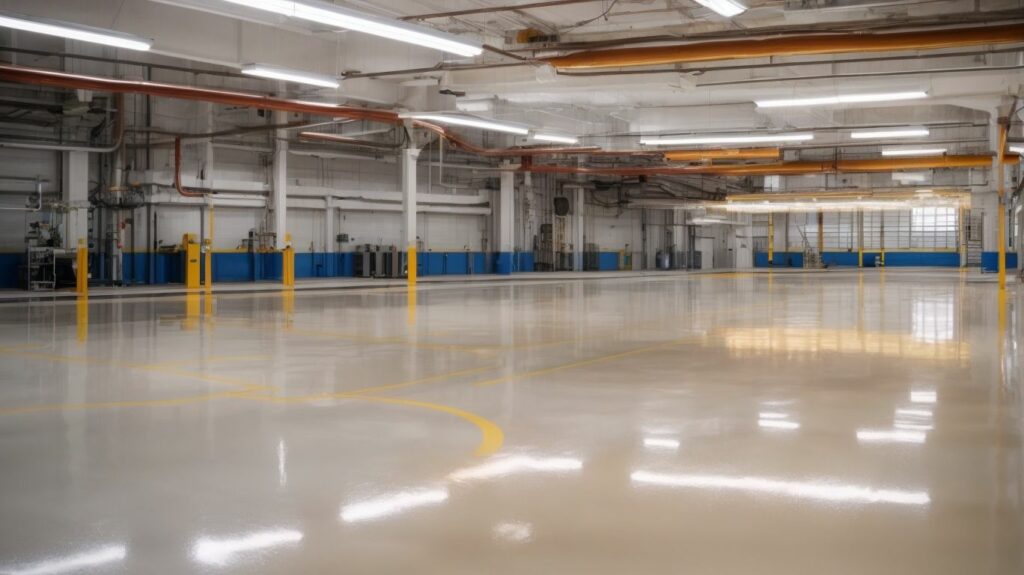
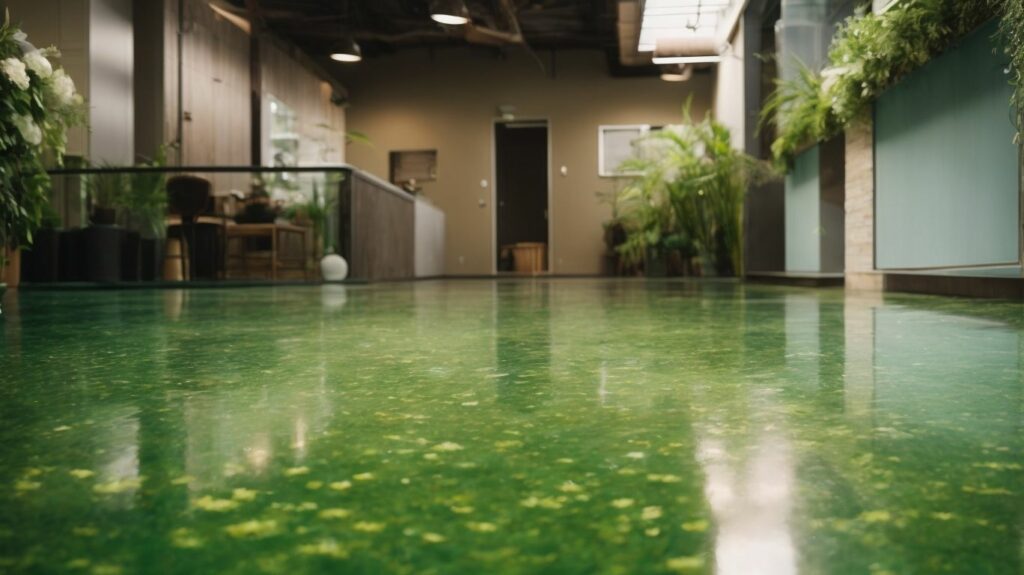

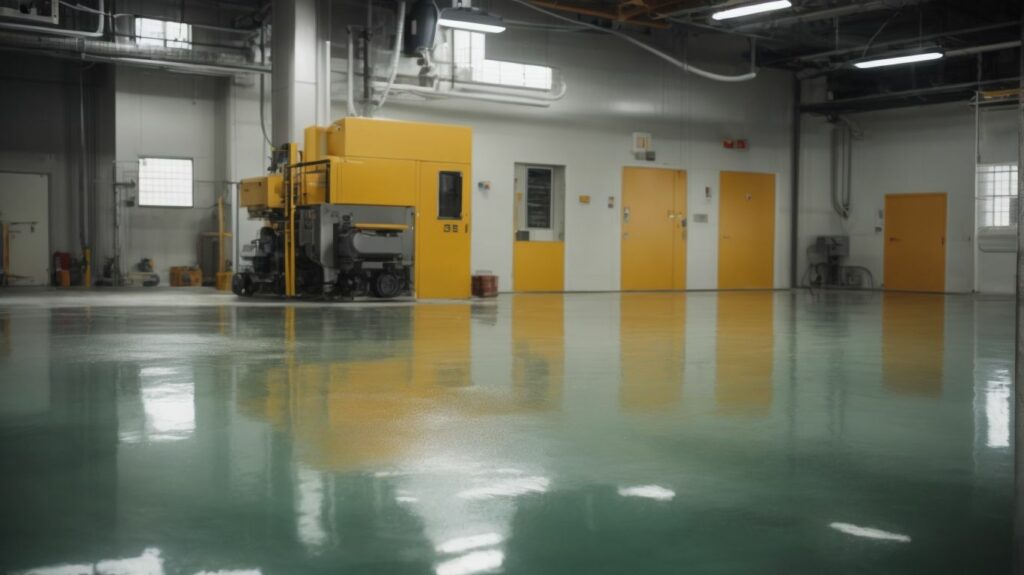

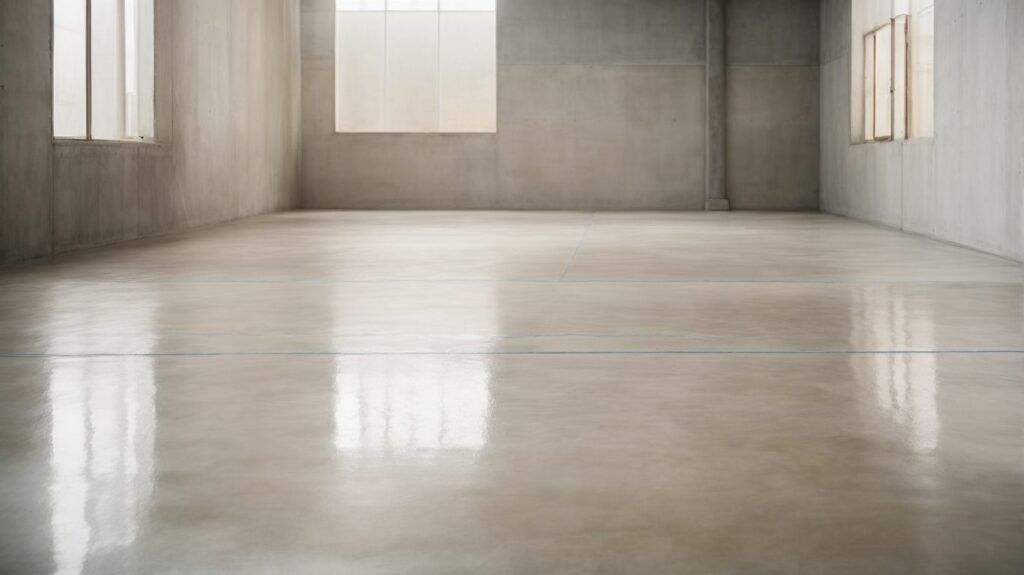




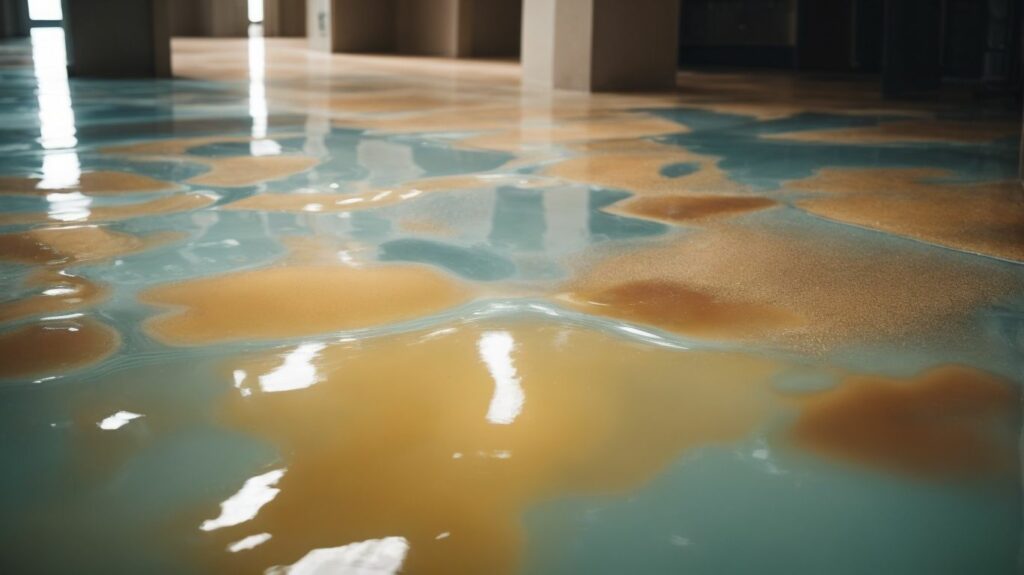
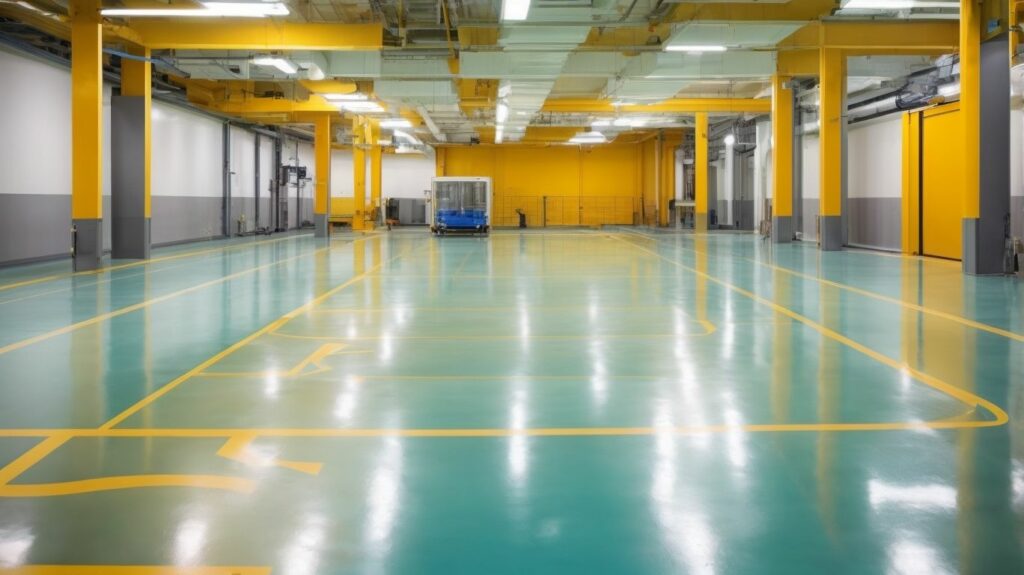
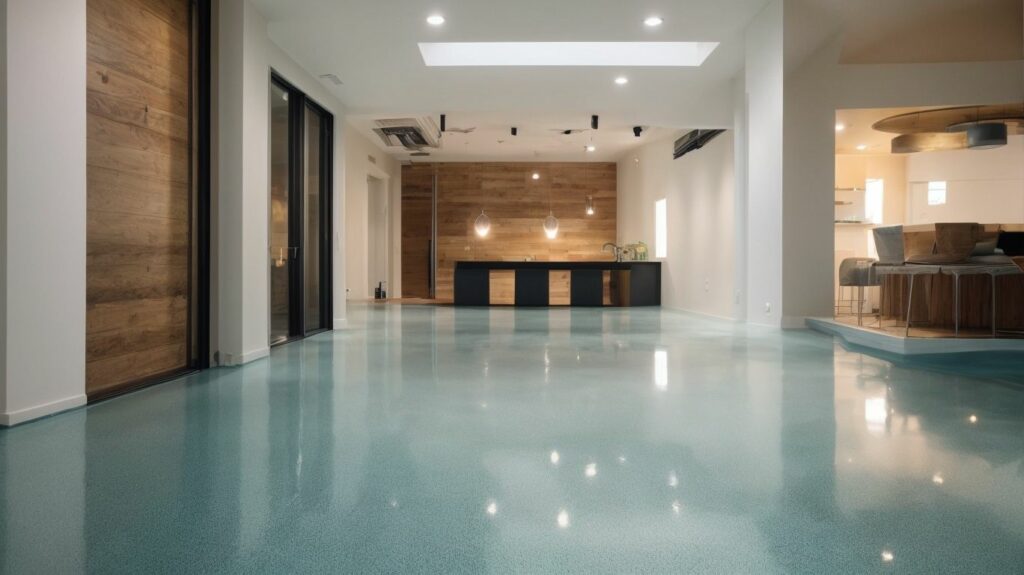

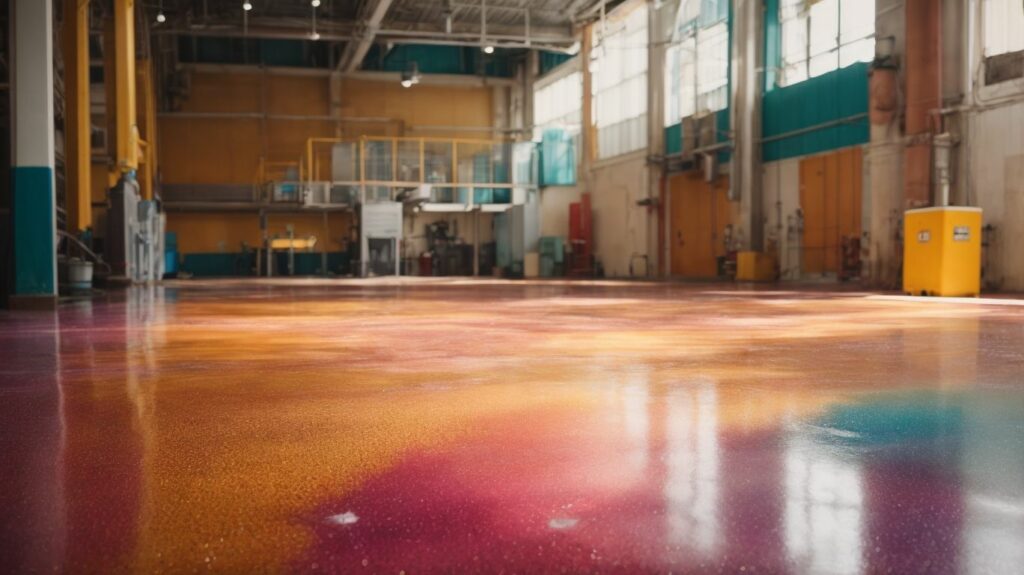
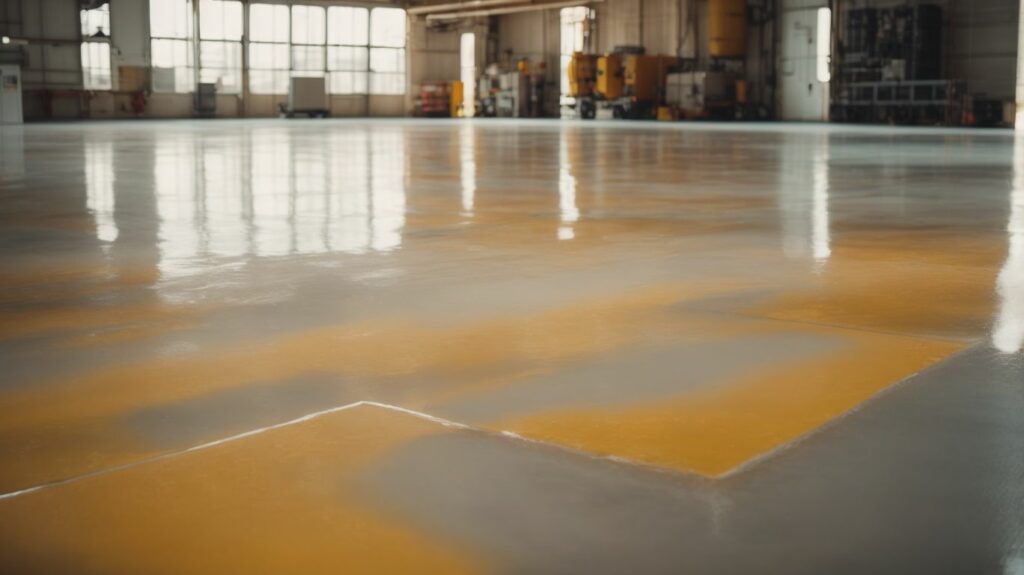
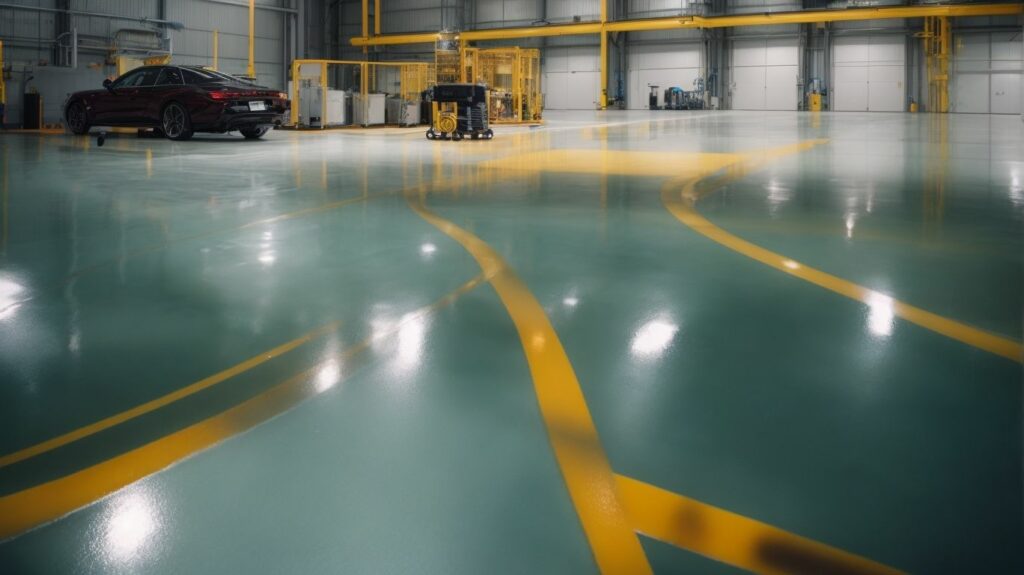

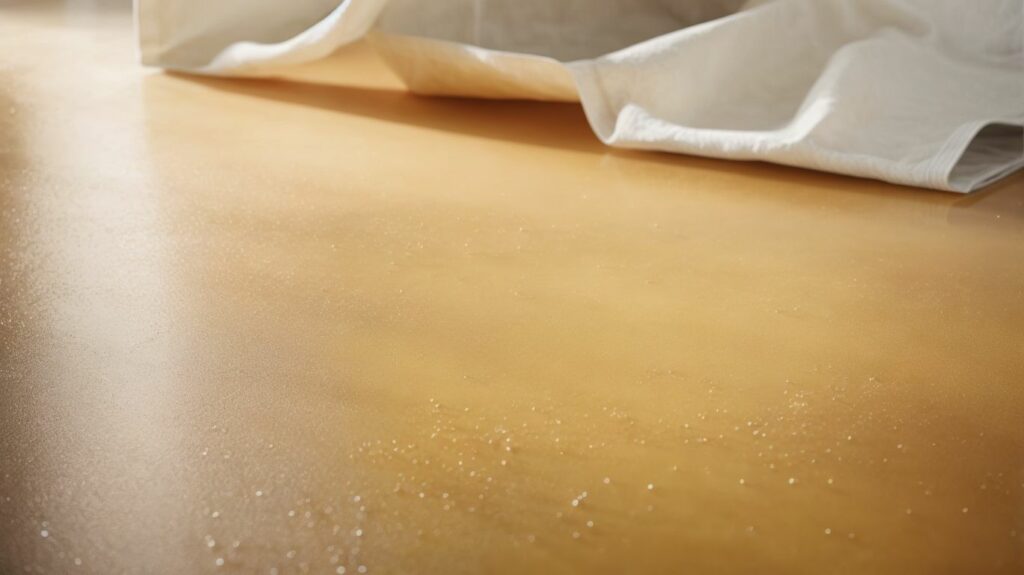

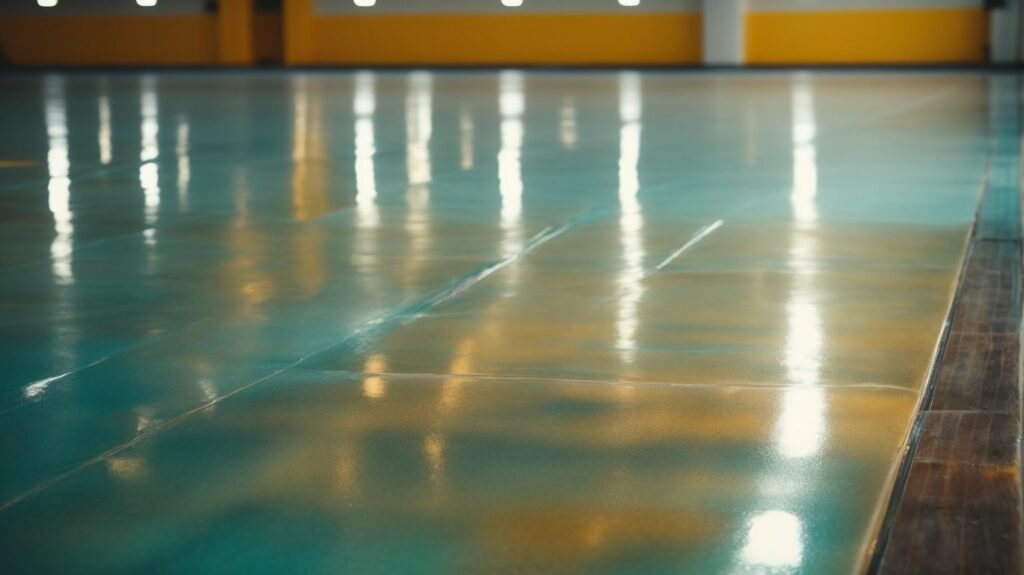

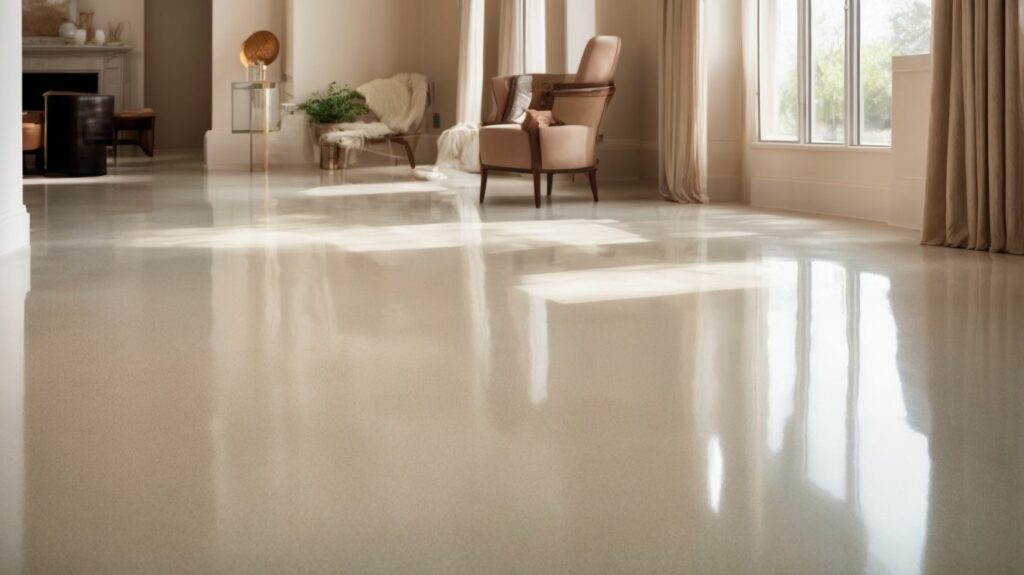
We Aim To Reply To All Enquiries With-in 24-Hours